CS clubs to cook up Raspberry Pis in upcoming event
Next Wednesday, two Calvin computer science clubs will put on their second Raspberry Pi workshop. It will feature a tutorial on building a device capable of object detection using the credit card-sized, all in-one computers that have seen huge application in education and industry, being used for everything from mini-supercomputers to a device that can monitor aquarium conditions.
Last semester, these two clubs, Abstraction and Women in Computing, put on a similar, well-received event. It featured a tutorial on making a photo booth-like application using the tiny computer.
For the upcoming event, Jesse Kuntz, president of Abstraction, will lead participants in creating a device that can detect visual changes. Kuntz says that the device will use a tiny camera to capture successive images of an area, compare the images and determine movement and change. “Machine vision” like this is currently a booming field for its applications in self-driving cars.
Raspberry Pis have been receiving increased attention in recent years for the ways in which such single-board computers open up the world of computing to amateurs and tinkerers.
Computer science professor Derek Schuurman says that the devices harken back to the early days of computing when hobbyists like Steve Jobs and Bill Gates built machines in their garage and “hacking” was not a negative term.
The tiny computers look like a circuit board you might find in any larger-scale computer, with a green silicon board, complete with small soldered connections and processors. Pis also feature ethernet connections, allowing networking and internet capabilities, USB ports for connections to keyboards and mice and an HDMI port for connection with a monitor.
Professor Joel Adams has helped to facilitate collaboration between researchers who use networked pis to create supercomputers. Adams says says that the low power requirements and low heat output of the machines make them ideal. One early supercomputer made from pis was housed in a casing built from Lego by researcher University of Southampton Simon Cox with the help of his young son.
Schuurman has incorporated pis into much of his work, including working with students to set up computer labs in Christian schools in Nicaragua and other developing countries in Central America and West Africa.
Schuurman says that these schools previously used bulky, “cast-off” desktops that were very expensive to ship and often became corrupted with viruses. Pis, however, require much less power than these units and can be purchased for a fraction of the price (the latest unit costs $35). In addition, because they use a Linux operating system, they are less susceptible to viruses. Schuurman says that he is able to pack a briefcase with dozens of the devices.
Kuntz says that pis inspired him to tackle multiple projects and changed his career direction. He says that his first project kit allowed him to build a programmable grid of LED lights. And they inspired him to tackle other projects such as a video game console and controller that run off of a pi.
Schuurman will lead a group of Calvin students back to Nicaragua to help build computer labs using the pi as part of a 2019 class titled “Faith and Computer Education in Nicaragua.”
The Raspberry Pi workshop will take place April 11 in SB 372. Students can sign up at rpishop.eventbrite.com.




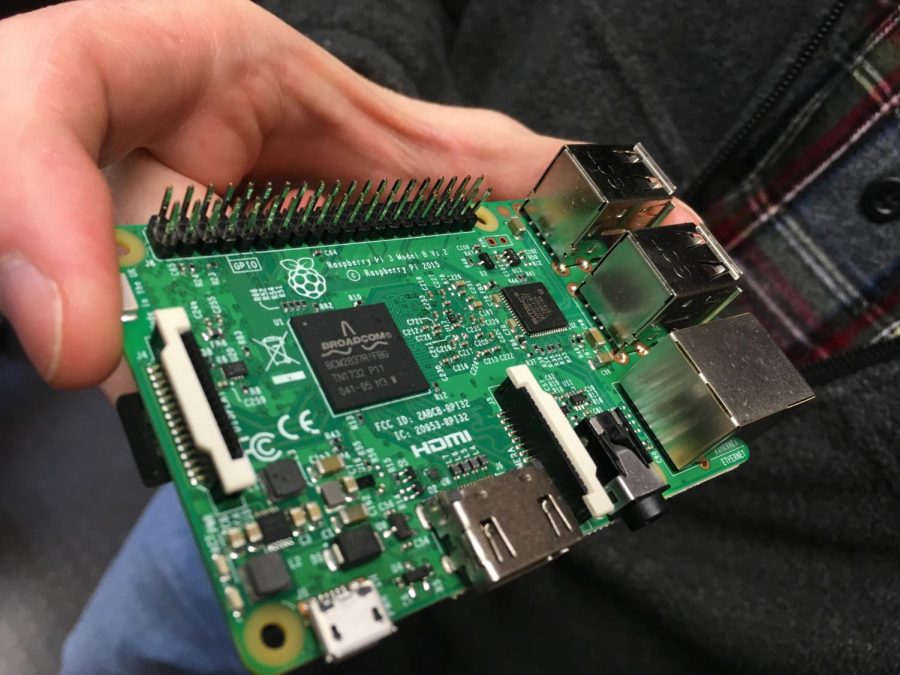

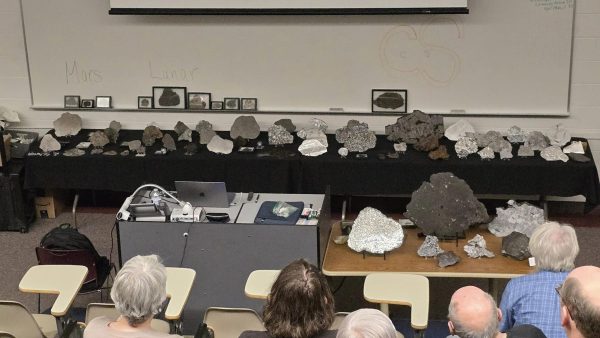
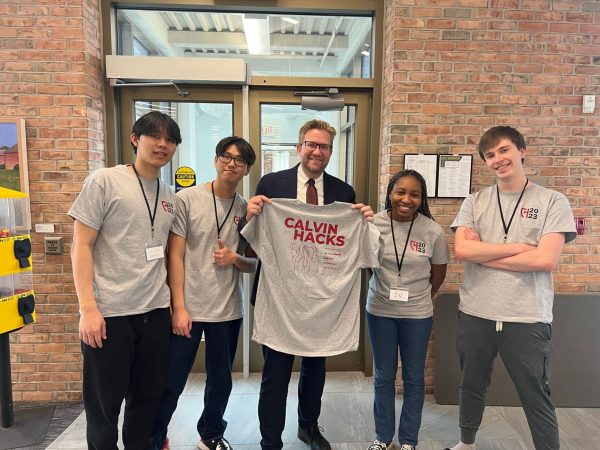


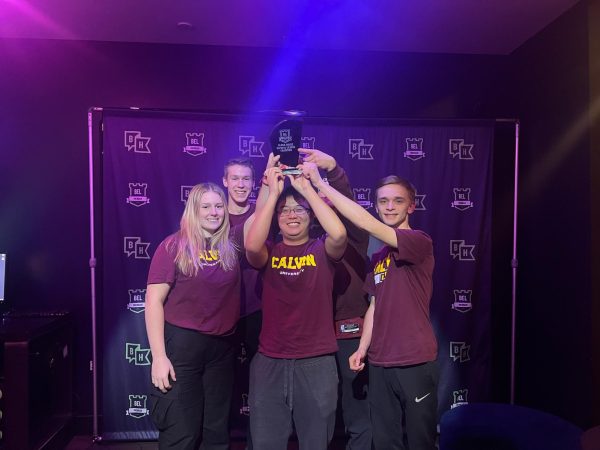

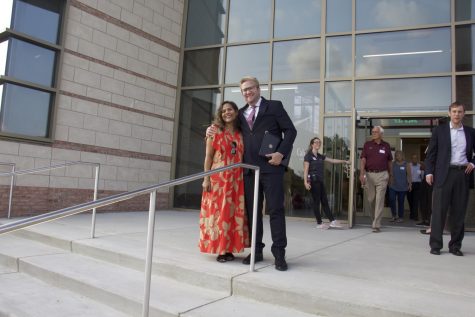
Andrew Schumacher • Apr 9, 2018 at 6:17 pm
Jesse Kuntz. A class act.